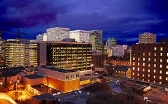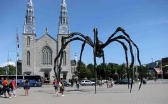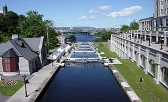��Ŀ����
�������������һ����Ʒ��վΪ��Ľ�㶩����һ���������������һ���������������ռ�ף������п�ͨ��������ķ�ɫ���ӡ��յ��������ͽ�㶼�����⡣������Ӣ������Johnsonдһ���ʼ������ݰ�������Ҫ�㣺
1���������������
2����������֧�������������
3��̸̸������Ϲ���Ŀ�����
ע�⣺1��100�������ң���ͷ�ͽ�β�Ѹ������������ܴ�����
2�����ʵ�����ϸ�ڣ���ʹ�������
3���ο��ʻ㣺֧������ȫ�ؼ�Alipay Security Control.
Dear Johnson,
I ordered a birthday gift for my sister on the Internet three days ago.
.
.
.
I��m looking forward to your early reply.
Yours sincerely,
Li Hua
��ϰ��ϵ�д�
 ��������һ���þ�ϵ�д�
��������һ���þ�ϵ�д� Сѧ��10����Ӧ����ϵ�д�
Сѧ��10����Ӧ����ϵ�д�
�����Ŀ





